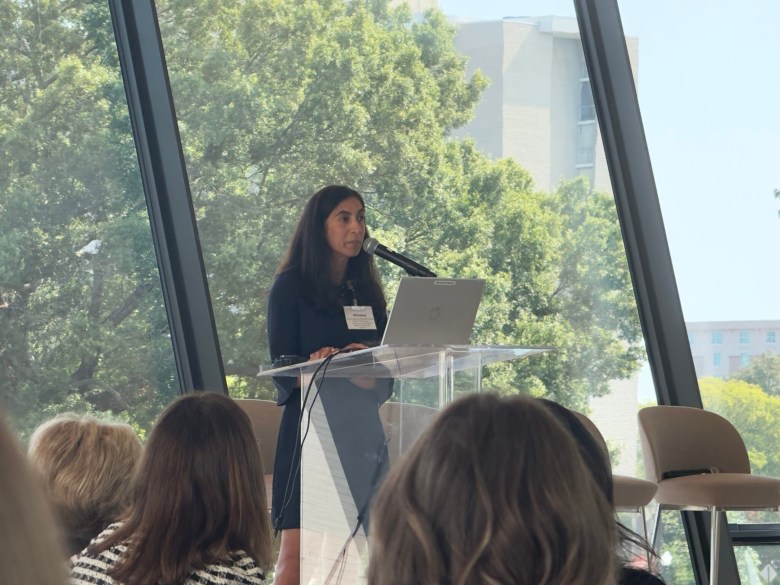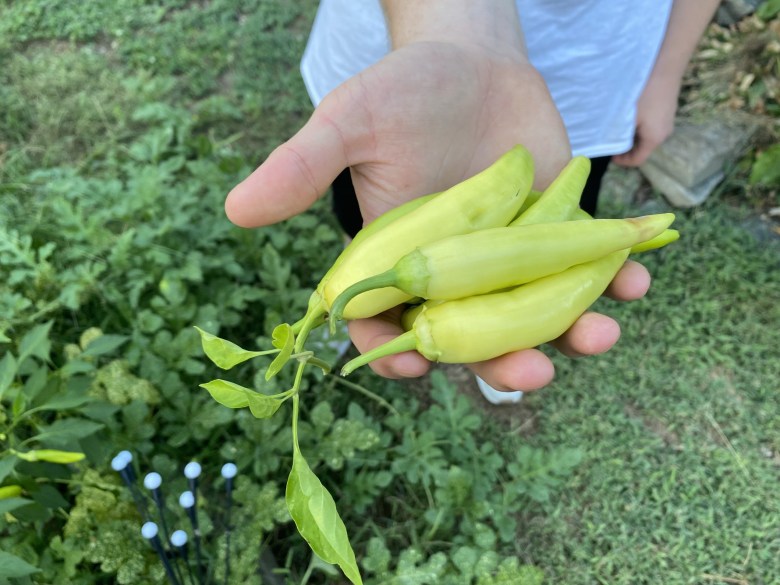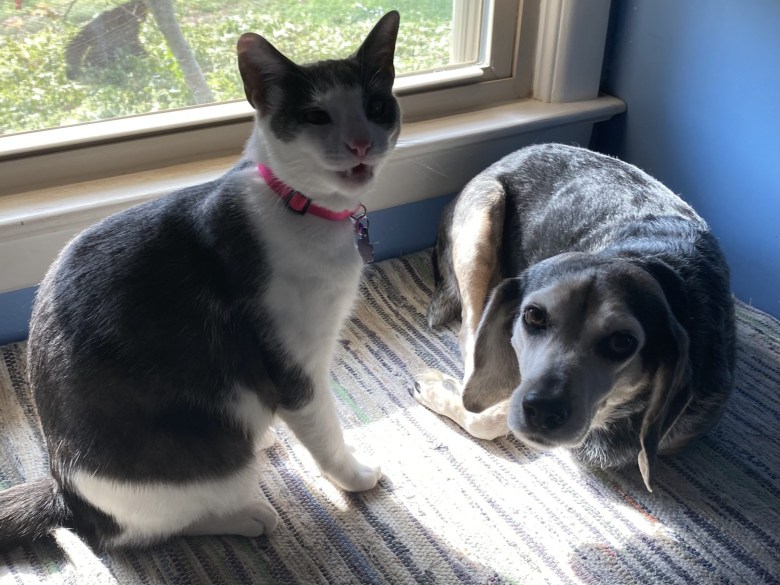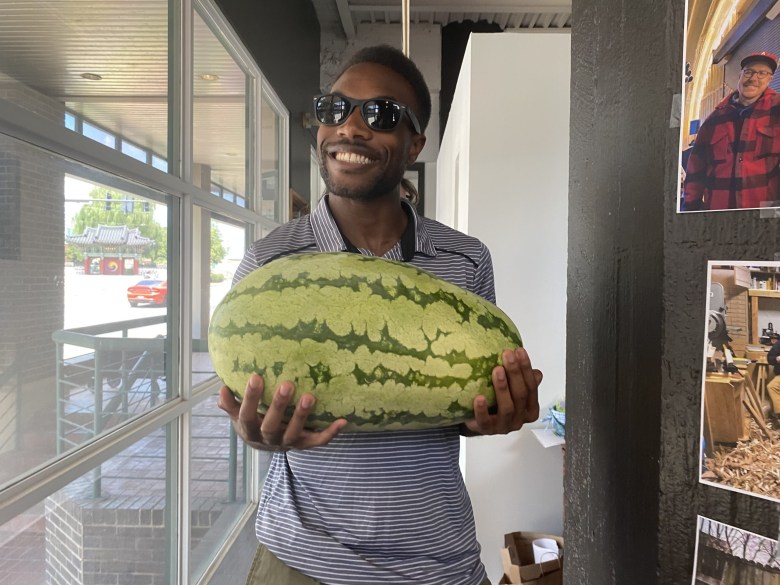With the goal of reaching every new mother in the days following childbirth, a call center that offers proactive postpartum assistance to Arkansans will grow by the end of this year.
Dr. Nirvana Manning, director of the new Arkansas Center for Women and Infants Health, stated that the center began taking calls on May 1. The center is leading three programs, including the Proactive Postpartum Call Center, which is funded by a $5 million congressional allocation it was given last fall, she added.
Manning, who is also the head of the obstetrics and gynecology department at the University of Arkansas for Medical Sciences, stated that the call center will contact moms and offer information, resources, and follow-up care instead of waiting for them to call with questions they might not know to ask.
At a roundtable on Wednesday organized by ACWHI, UAMS, and the Arkansas Hospital Association, panelists and speakers repeatedly emphasized that Arkansas has some of the worst maternal health statistics in the country. Those of color are particularly affected by this. According to Manning, black women in Arkansas are twice as likely as white women to experience pregnancy-related issues.
Since the pandemic, several labor and delivery facilities in Arkansas have closed, exacerbating maternal care deserts that already existed in some areas of the state.
As part of the Arkansas mother Health Roundtable, which addressed statewide strategies and collaboration to solve the state’s mother health crisis, Manning talked about the center’s activities.
State lawmakers, including GOP Reps. Aaron Pilkington of Knoxville and Lee Johnson of Greenwood, policy advocates, Republican U.S. Sen. John Boozman, who assisted in securing the center’s initial funding, and over 100 administrators and clinicians from the state’s birthing hospitals were present.
Several legislation intended to improve Arkansas’s maternal health outcomes were introduced during the 2025 legislative session. While Pilkington’s attempts to increase postpartum Medicaid eligibility failed, bipartisan cooperation helped other mother health laws prevail.
Supported by Governor Sarah Huckabee Sanders, the Healthy Moms, Healthy Babies Act establishes coverage for specific types of pregnancy-related care and gives pregnant Arkansans presumptive Medicaid eligibility, effectively expediting their applications for state insurance coverage. It also permits the state to reimburse doulas and community health workers.
Officials from the Arkansas Department of Human Services say that more than half of births in the state are covered by Medicaid.
“The next steps are overcoming reluctance and barriers to embedding doulas and midwives in pregnancy care in the state,” stated Cara Osborne, a nurse midwife and senior fellow at the policy group Heartland Forward.
Despite not having the same licensing as midwives or other healthcare professionals, doulas can offer mothers amazing emotional and psychological support, according to Osborne. According to her, doulas can provide pregnant women with the kind of individualized care that medical professionals occasionally cannot.
According to Osborne, the doula ought to be the best buddy of every delivery provider. As you strive to provide the finest care possible for the patients who frequently outnumber you by a considerable margin, it’s an additional set of hands, a voice, and support.
The state will also start certifying doulas under Act 965, a separate law that was passed this year.
According to Manning, Arkansas is in dire need of more midwives and doulas.
“We need to develop these programs now that we have legislation that supports the billing aspect,” Manning stated. We must establish community and confidence.
However, expanding access to midwives and doulas is only one problem. According to Manning, pregnant women sometimes have obstacles when it comes to getting care or knowing when to seek it. For example, they may be informed that their symptoms are typical or be unable to get child care, which can keep them from getting timely care.
Along with the contact center, ACWIH plans to provide bracelets and maternal health kits with QR codes that connect to services and postpartum education via myarkansasbirth.org.
Another function of the bracelets, which the center started giving out earlier this year, is to visually notify medical professionals and those in the wearer’s vicinity that they had just given birth.
Most emergency room doctors wouldn’t give a damn if a patient showed up with a blood pressure reading of 140 over 90, according to Manning. However, I would be concerned if a postpartum woman appeared with the same presentation. It is really important to me.
Manning informed conference attendees that the kits also include goods that women would require after giving birth, such as diapers, wipes, and vitamin D. Earlier this year, UAMS started giving them to its postpartum patients.
Gathering all the birthing facilities in one location to try to win their support for the center’s programs was one of the roundtable’s objectives, according to Manning. The center’s federal grant also funds the kits and bracelets, but she added that in order to distribute them to moms outside of UAMS, they need support from the other hospitals in the state.
Instead of my reaching out to each of these hospitals individually, we brought them together because we need our partners, Manning explained. In order to sort of build those implementation partners, we brought them all together.
As a 501c(3) public charity, Arkansas Advocate is a member of States Newsroom, a nonprofit news network backed by grants and a coalition of donors. The editorial independence of Arkansas Advocate is maintained. For inquiries, send an email to [email protected] to reach Editor Sonny Albarado.
Partner Content by Arkansas Advocate
It’s dragon-slaying time!
The Arkansas Times, which relentlessly defends the fundamental rights and liberties in our community, stands as a light of truth in an era when critical voices are being silenced more and more. Our commitment to provide uncompromising journalism has never been more important, especially with Arkansas in the center of a broad culture war that is impacting our libraries, schools, and public conversation. We can’t accomplish our goals of defeating dragons and holding those in positions of authority responsible alone. You can guarantee that independent journalism in Arkansas not only endures but flourishes by making a contribution today. We can join the fight and make a difference together.







